 Dhimmitube, the nickname for YouTube in the webshere for it's indiscriminante removal of video clips which are getting 'flagged' by the cyber-jihadis watchdogs skimming the net with sharia censorship in mind - Never mind the jihadi videos, beheadings, sermons, jihadi propaganda, etc. Westerners do not censor content or act like the ummar with their god given duty to defend islam for any negative regard.
Dhimmitube, the nickname for YouTube in the webshere for it's indiscriminante removal of video clips which are getting 'flagged' by the cyber-jihadis watchdogs skimming the net with sharia censorship in mind - Never mind the jihadi videos, beheadings, sermons, jihadi propaganda, etc. Westerners do not censor content or act like the ummar with their god given duty to defend islam for any negative regard.
The dhimmitude of European politicians are to the point of treason in regards of protecting our long fought for values such as the most fundamental - Freedom of speech!
Dhimmitube indeed...
From The Wall Street Journal.
How a System Error in Pakistan Shut YouTube
Service on Google Inc.'s YouTube Web site was disrupted around the world for several hours Sunday after a botched effort by the Pakistani government to block access to a video clip critical of Islam.
The story began unfolding Friday when the Pakistan Telecommunications Authority, the nation's telecom regulator, ordered Pakistan's Internet-service providers to immediately block access to a specific YouTube video, which it said was so incendiary it could trigger riots. A senior official at the authority said it also contacted YouTube, requesting that the site remove the video. The authority argued the clip was a violation of YouTube's terms of service, which ban hate speech. YouTube has since removed the clip but says it doesn't comment on reasons for removing specific videos.
According to the senior official at the authority, the clip in question was about a soon-to-be released film made by Dutch politician Geert Wilders, whose outspoken comments against Islam have made him a target of protests in the Muslim world and elsewhere.
Mr. Wilders's own Web site says his film portrays the Quran as a fascist book that incites people to murder. Mr. Wilders has previously compared the Quran to Adolf Hitler's "Mein Kampf." On Fox News recently, he said, "Our culture is far better than a retarded Islamic culture." He didn't respond to requests for comment on the YouTube incident.
Even though fewer than 5% of Pakistan's households are connected to the Internet, the government feared the film could spark riots similar to the deadly violence that broke out in Muslim countries after a Danish newspaper published cartoons about the prophet Muhammad in 2006, according to a senior official at the authority. Violent protests have erupted repeatedly in Pakistan in recent months following the assassination of opposition leader Benazir Bhutto. There were also new protests about the cartoons in recent weeks after Danish authorities arrested several people who were allegedly plotting the assassination of the cartoonist behind the drawing.
But in a bizarre twist, the government's efforts to block the clip in Pakistan wound up affecting YouTube users around the world. YouTube spokesman Ricardo Reyes confirmed in an email that YouTube traffic was disrupted world-wide for several hours Sunday. "We have determined that the source of these events was a network in Pakistan," said Mr. Reyes. "We are investigating and working with others in the Internet community to prevent this from happening again."
The problem began when Pakistan Telecommunication Corp. Ltd. began implementing government orders to block the Dutch video on YouTube, according to people familiar with PTCL's network operations. The telecommunications company, Pakistan's largest, controls almost all of the nation's network infrastructure. The instructions sent out across its network were meant to apply only to traffic within Pakistan, a process commonly known as "black holing." But because of errors in the handling of PTCL's routers, the message started being replicated on the Internet world-wide, and other Internet-service providers started having trouble accessing the YouTube site.
The message was communicated around the world via PCCW Ltd., a Hong Kong telecommunications company that inadvertently transmitted the message internationally over its network. PTCL is connected to the global Internet through PCCW's networks, among others. Technical experts say this type of problem is extremely rare -- and is essentially beyond YouTube's control.
"The traffic that was supposed to be going to our address was being rerouted to Pakistan, and subsequently dropping," says Mr. Reyes of YouTube.
PCCW didn't respond to requests for comment.
Shahzad Ahmed, a civil-rights activist who monitors Internet issues for the group Rights for All in Pakistan, suggested that the government of Pervez Musharraf had another motive to block YouTube besides the Geert Wilders film. He said YouTube has been flooded with anti-Musharraf videos in recent weeks, including videos accusing the government of rigging the nation's election, crowds protesting against Musharraf and audio clips of a popular cellphone ring tone in Pakistan featuring the chant "Go Go Musharraf."
"People are putting a lot of material against Musharraf and the government on YouTube, and the government has been trying to find a reason to block this Web site," said Mr. Ahmed. "If this was really about the film and Islam, they would have blocked Wikipedia and tons of other sites containing hate material against Islam." Wikipedia's site, which isn't blocked in Pakistan, reprints the Danish cartoons that triggered the riots.
An official at the telecommunications authority, which regulates Internet censorship, said the accusations were without merit and the government was only trying to block materials related to Mr. Wilders's film because of their potential to trigger unrest. The official added that PTCL doesn't have the technical ability to block individual URLs, just entire Web sites, which led to the total YouTube blockout in Pakistan.
Pakistan intensified its Internet-censorship efforts two years ago, following the cartoon flare-up, and the Supreme Court instituted a ban on all content deemed "blasphemous." But Pakistan's telecom authority has also regularly filtered content determined to be antistate or antimilitary, according to the OpenNet Initiative, a global organization that promotes freedom of information on the Internet.
YouTube reserves the right to remove content from the site that it deems inappropriate, according to the terms of service posted on its site. YouTube's community guidelines state: "We encourage free speech and defend everyone's right to express unpopular points of view....But we don't permit hate speech."
Many of Pakistan's Internet users received notices about the ban on YouTube from their Internet-service providers. "Dear Valued Customer," reads one from Micronet Broadband Ltd. "The Pakistan Telecommunication Authority has directed all ISPs of the country to block access to www.youtube.com for containing blasphemous Web content/movies." The letter asked Internet users to write YouTube.com to urge it to remove the objectionable videos.
[end]
Geert Wilers Teaser and promo for his new Koran film.
Submission - What Theo van Gogh was murdered for.


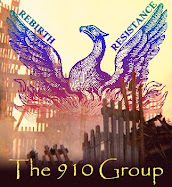



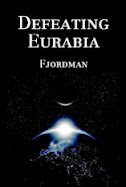
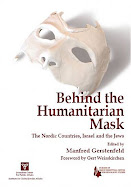

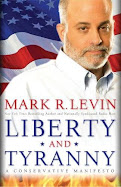

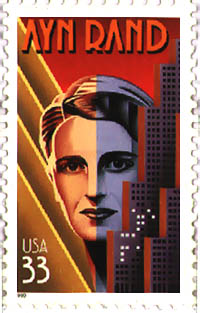


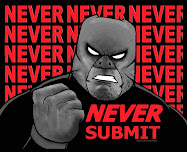



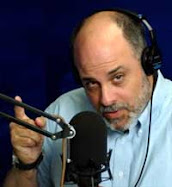
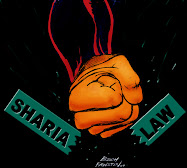


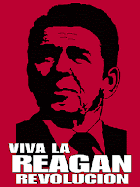
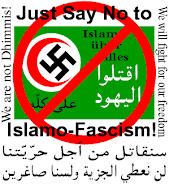


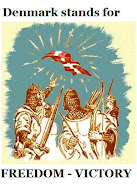
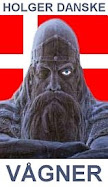
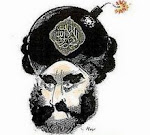
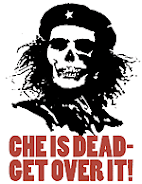
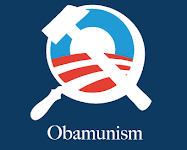

No comments:
Post a Comment